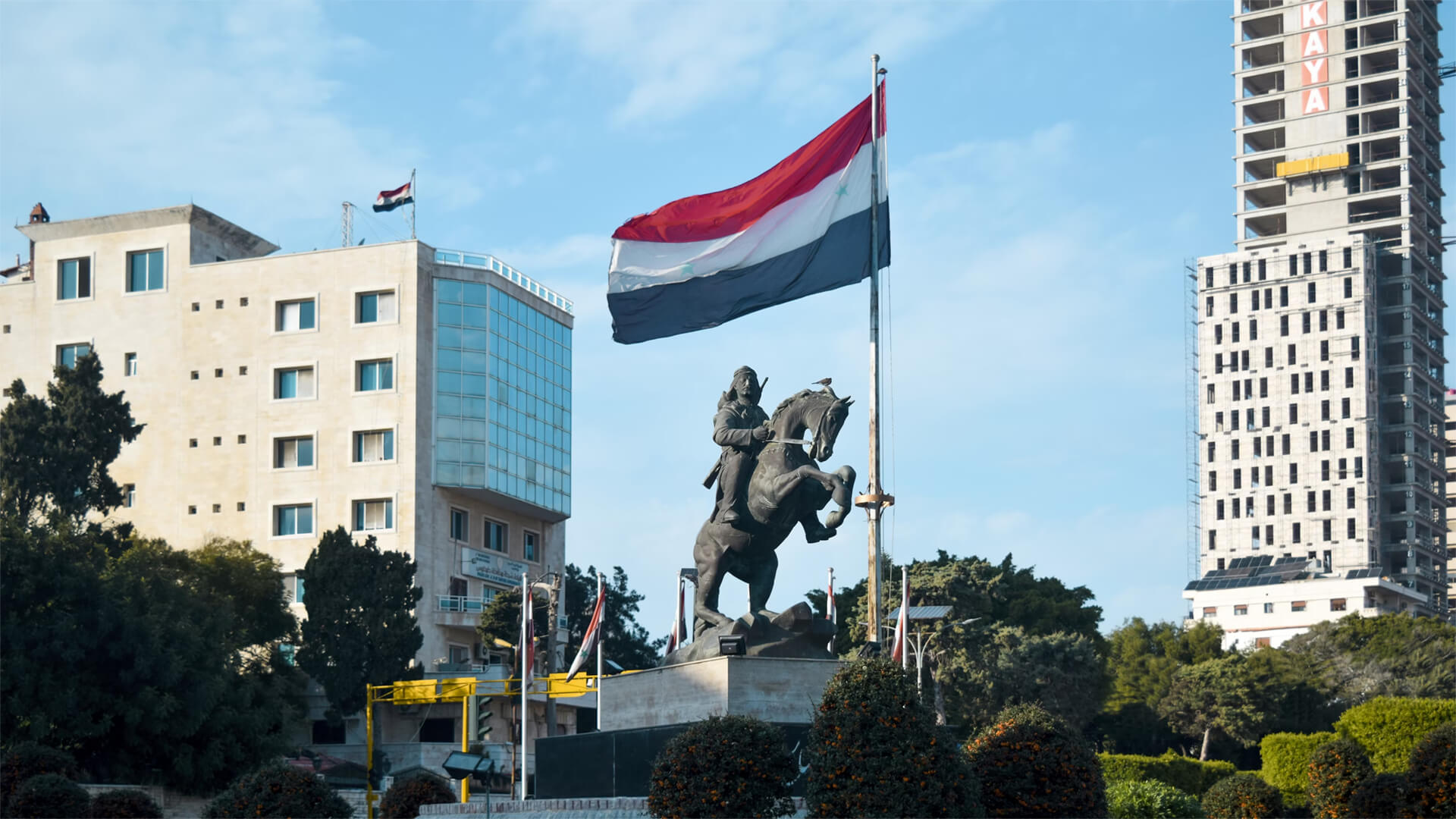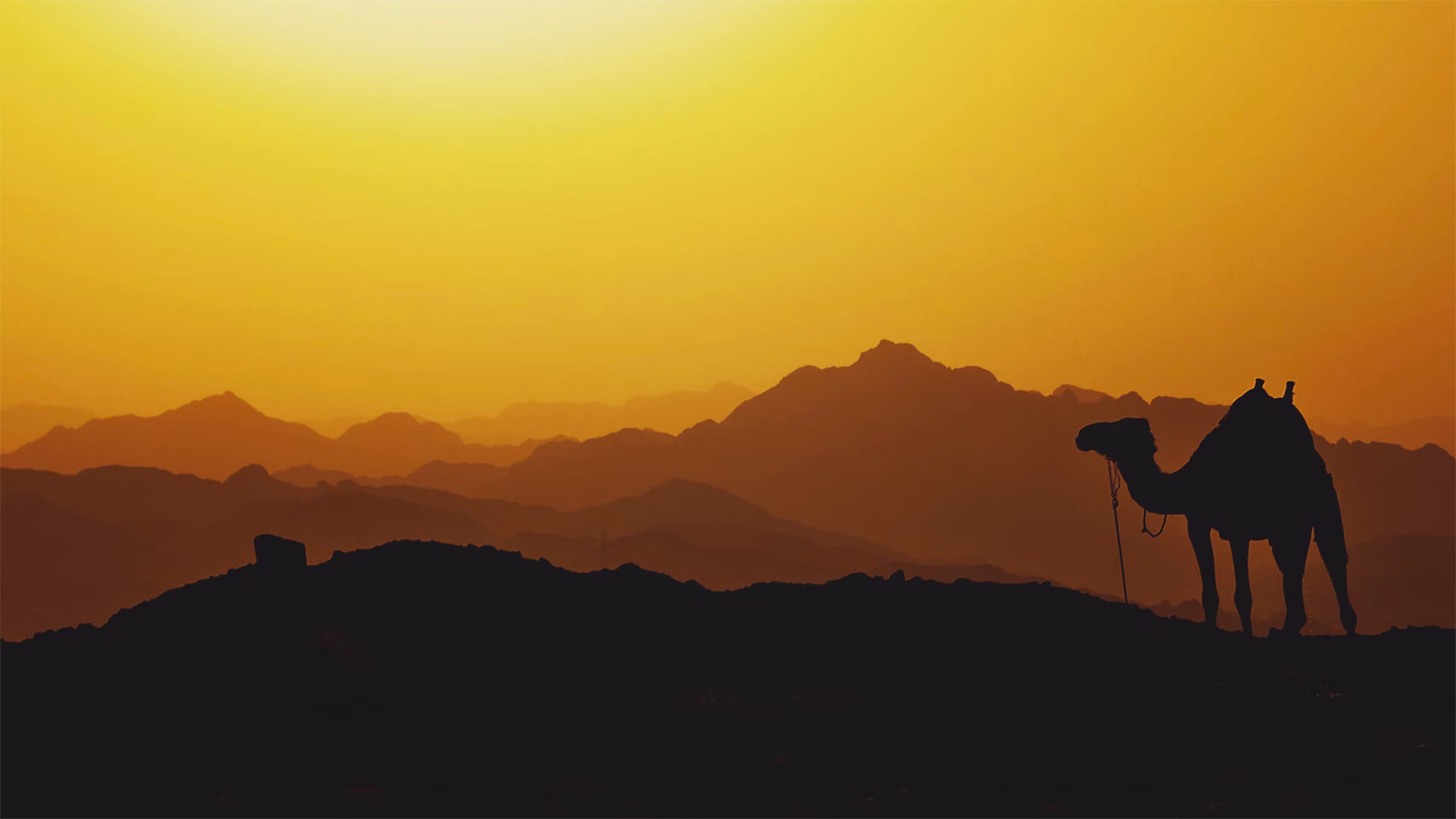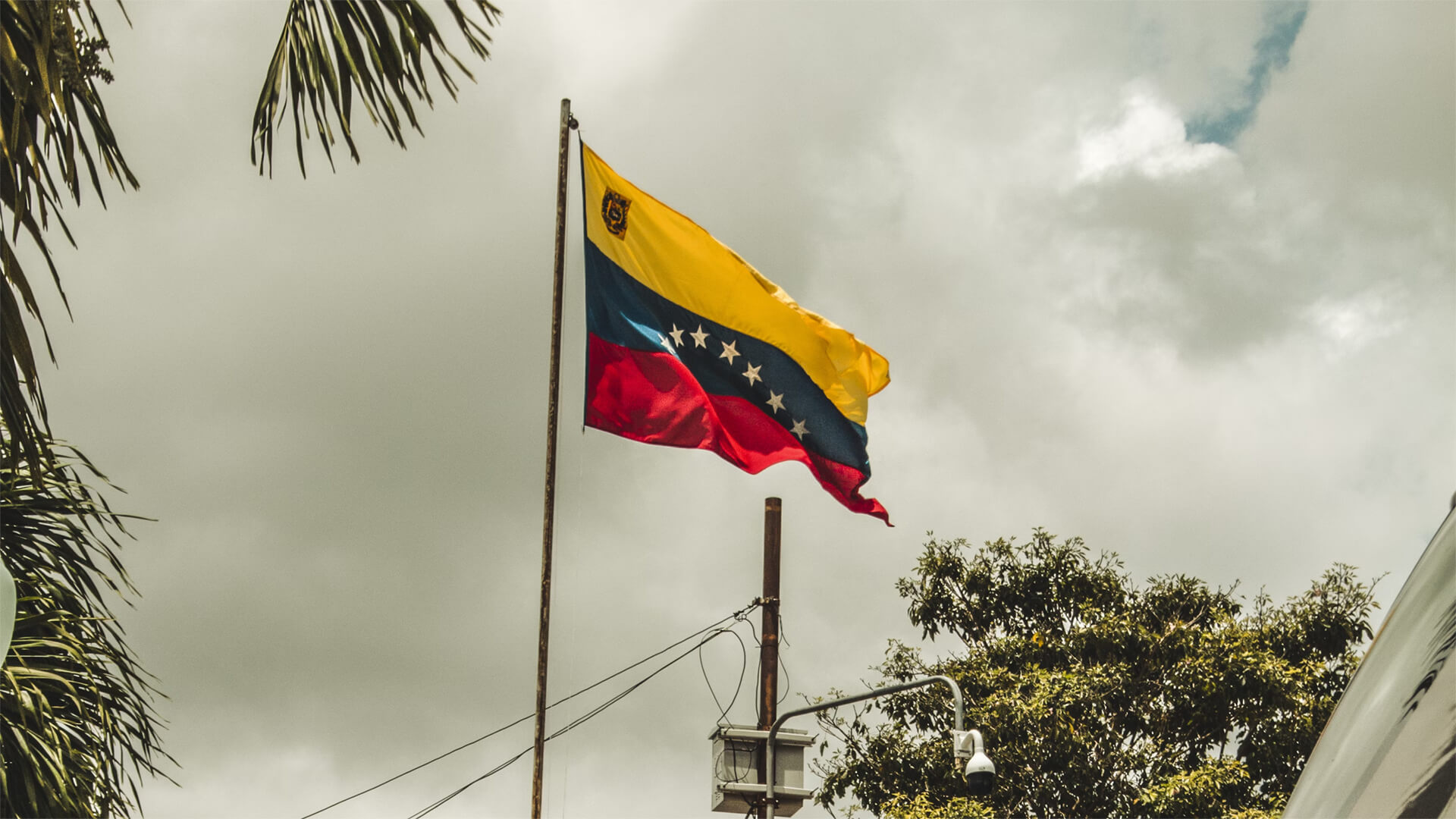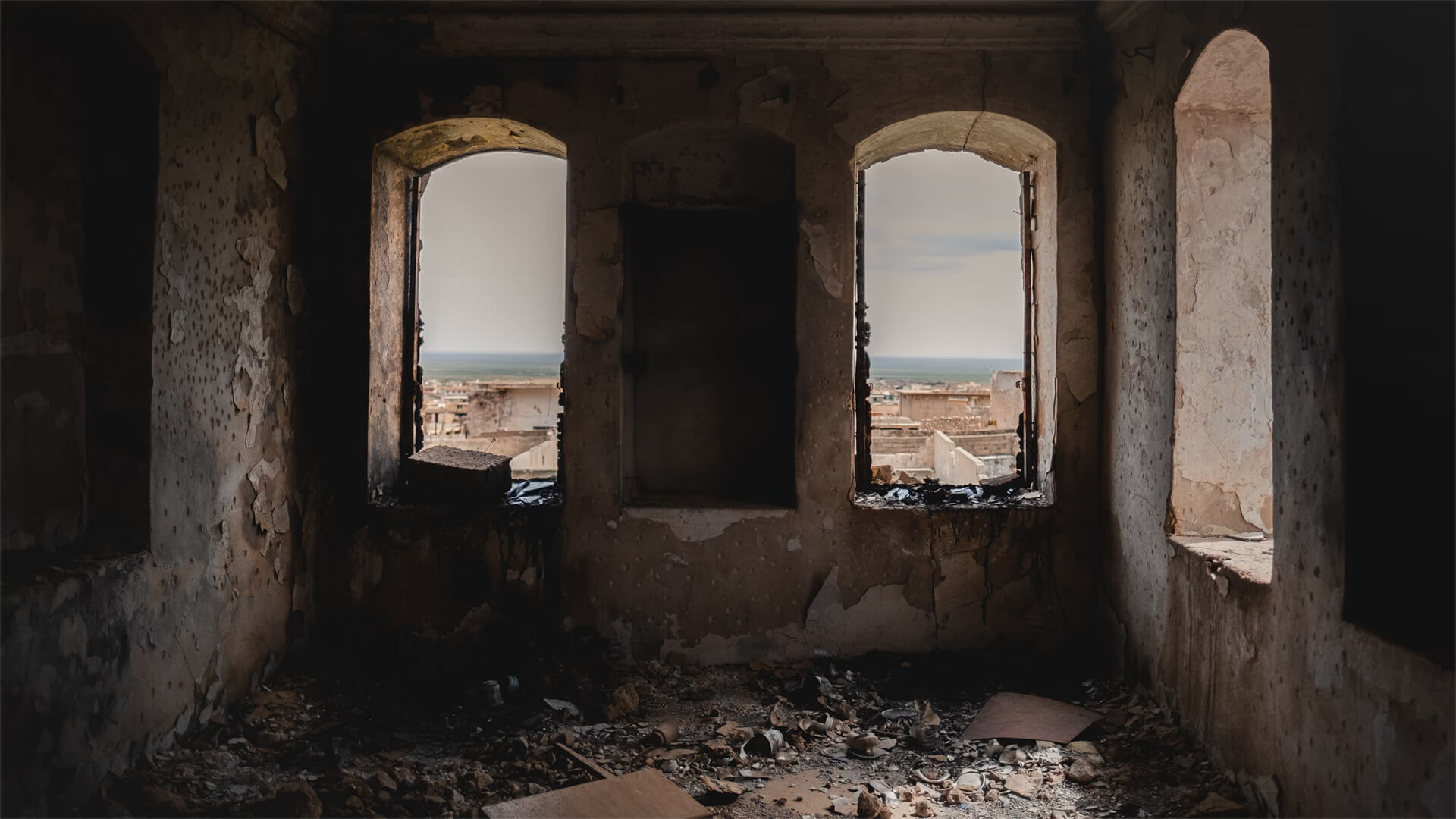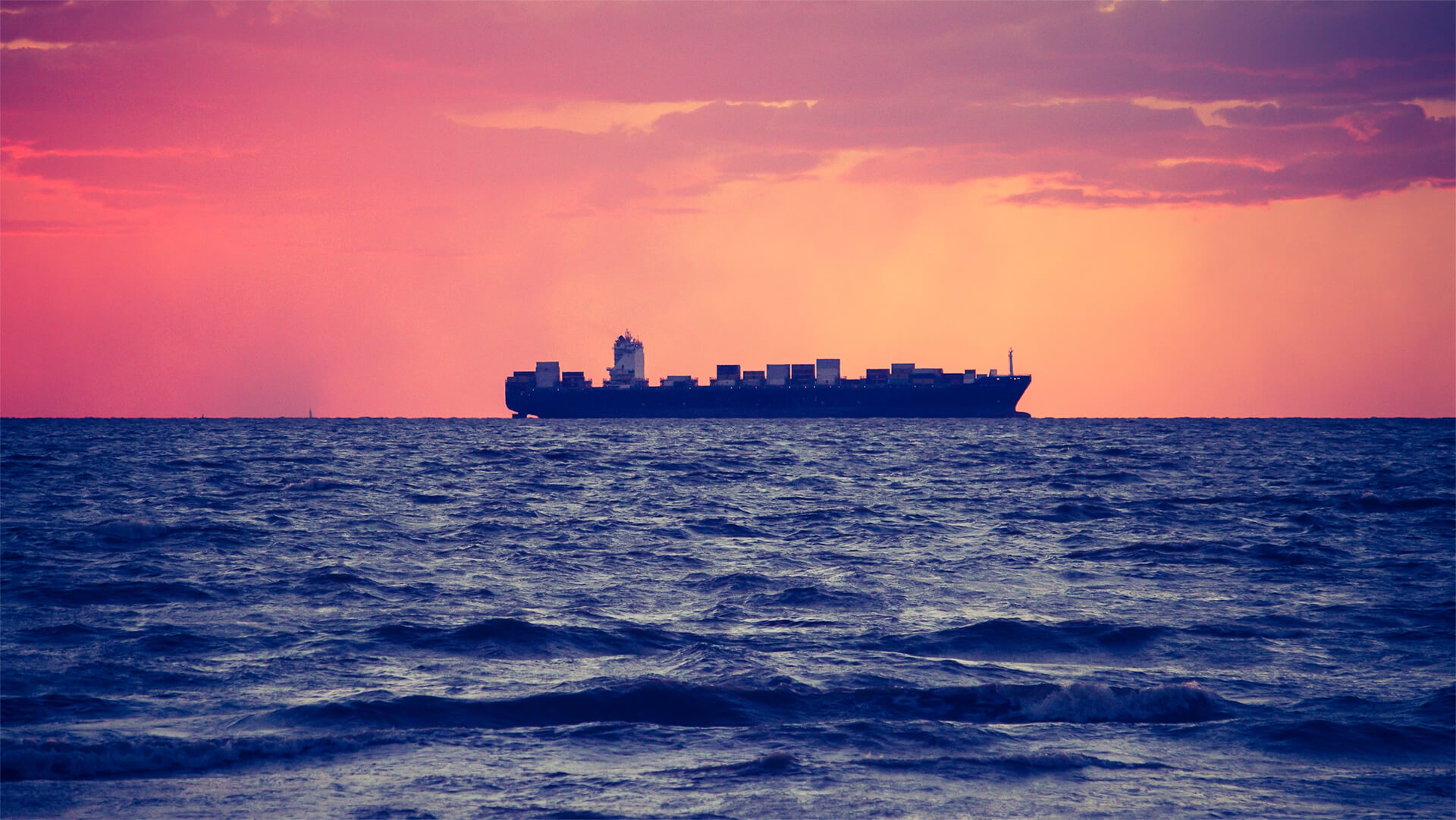Next up in the Middle East series is Syria. They’re enjoying a calm period right now, but the new President, Ahmed al-Sharaa, is walking on eggshells to avoid the deep-rooted problems that have plagued Syria for ages.
Those problems run the gamut, from ethnic to religious to geographic divisions. Think of Syria as a patchwork of groups that love fighting with each other. And maintaining stability in a place like that is hard, especially now that backing from Russia and Iran no longer exists.
Unfortunately for the Syrians, nobody is all that interested in helping them out. Western powers aren’t willing to step in, regional powers benefit more from Syrian dysfunction, and the Gulf states can’t figure out how to proceed. All that to say, Syria should enjoy this period of calm, because the storm is undoubtedly coming back.
Transcript
Hey, all. Peter Zeihan here coming to you from Zion National Park, going down the old Conservation Corps path that they blew out of the side of a mountain, because that’s how we did things in the 30s. Anyway, we’re continuing our Middle East week, and today we’re gonna talk about Syria. We have a new government that controls most of the territory and has incorporated most of the factions.
But, don’t expect this to last. We’re at a kind of the calm before the storm. Basically the new leader whose name escapes me. Yeah, that looks right. Isn’t going to last. I mean, I wish him the best, but he basically has inherited all of Syria’s core problems without any of its advantages. Syria is made up of a half a dozen completely different regions, different sectarian groups, ethnic groups, different religions in different geographies, and they don’t pull together.
So you have your Druze on the mountain down in the South. You’ve got the Arabs and what we would consider the Fertile Crescent, the three big cities of harm Ham, Aleppo, and then the fortress city of Damascus. You’ve got the Alawites and the Christians in the mountains and the coastal enclave in the northwest. And then you have the Kurds and the kind of step back territory along the Euphrates to the northeast.
And then, of course, ISIS is running around like mad in the desert in the middle, in the war before now, all of these factions were at one another’s throats to some degree. There were limited alliances, at least within specific geographies, but there was really no way for the single government in Damascus to exercise the writ over the entire territory.
That doesn’t change. What has changed is that two of the powers on the outside, the Russians and the Iranians, are no longer providing a and I say this tongue in cheek, a little bit a stabilizing influence. You see, the Iranians and the Russians were backing the, Damascus government of Bashar al-Assad. To the hilt with equipment, with men, whether it was, Russian fighter pilots or Hezbollah fighters from Lebanon that were controlled by Iran didn’t really matter.
All of it, was funneling in to help the central government hold the line in the Civil War. Well, that’s obviously stopped because the central government fell. And this new guy is now in charge. But it’s not like anyone else is stepping up to help him. The big news recently is that the European Union and the United States have decided to drop sanctions on the Syrian government to kind of give them a chance, but they need a lot more than that if they’re going to go anywhere.
Also, we’ve had so let’s just say, some weird political bedfellows in the last couple of weeks, Donald Trump actually met the new Syrian leaders and shook his hand. This is a guy who was executing civilians under Sharia law less than a year ago. So, you know, apparently we’re doing that now. But the United States and the European Union made it very clear that any aid, was far in the future and would be contingent on a large number of factors that are mostly out of side of the central government’s control.
So the Civil War is kind of at a pause, but don’t expect that to last. Oh, that’s kind of steep. We might hug the side a little bit more. The other players that would matter. You got two local and then two further abroad. The two that are local are the Turks and the Israelis. And they’re okay having Syria as a more or less failed state right on the doorstep, because it means that they can go in there and do whatever they want, bomb whoever they want, go after whatever surgeons they don’t like.
Which in the case of the Turks, in the case of the Turks, it’s the Kurds who are America’s best friends in the region. And in the case of the Israelis, it’s pretty much anyone but the Druze. So if Syria was to consolidate into a functional state, they’d be able to resist these sort of punches. And the Israelis and the Turks are just fine the way things are right now.
So having a semi failed government and a semi anarchic system that spins up its own internal violence for its own reasons, this is fine. Further abroad, the two big players. Well, this is called a cluster of players. The Gulf states of the Persian Gulf. Since most notably, the three most heavily involved are Saudi Arabia, which tends to support the Sunnis, Qatar and the United Arab Emirates, who are a little bit more freeform with their assistance.
The three powers do not see things the same way. They backed different factions at different times for different reasons. And now that everything’s kind of in flux, they’re kind of sitting on their hands. Funny thing, when Donald Trump was going on his, make up of terrorists, campaign in the Middle East, he stopped in Saudi Arabia and basically asked for cash to invest into the American economy because the American economy is slipping into a recession that Donald Trump’s tariff policies have cost.
And the Saudis basically said, yeah, you know, you’ll make up whatever number you want in your PR campaign. We’re not going to give you even a third of that. And we’re not giving anything to, Syria that is not specifically backing our interests until such time that you come up with the security plan for the place. So everyone’s just kind of sitting on their hands and waiting for the other shoe to drop.
And in Syria, you probably will not have to wait soon. Just keep in mind that should this new government actually start to consolidate the two countries that are closest with the most military forces available and the most to lose, Turkey and Israel are certain to take actions. So anarchy. So I formed anarchy is probably the best. We’re going to get.
And if it lasts through the summer, I would be very, very, very surprised.

